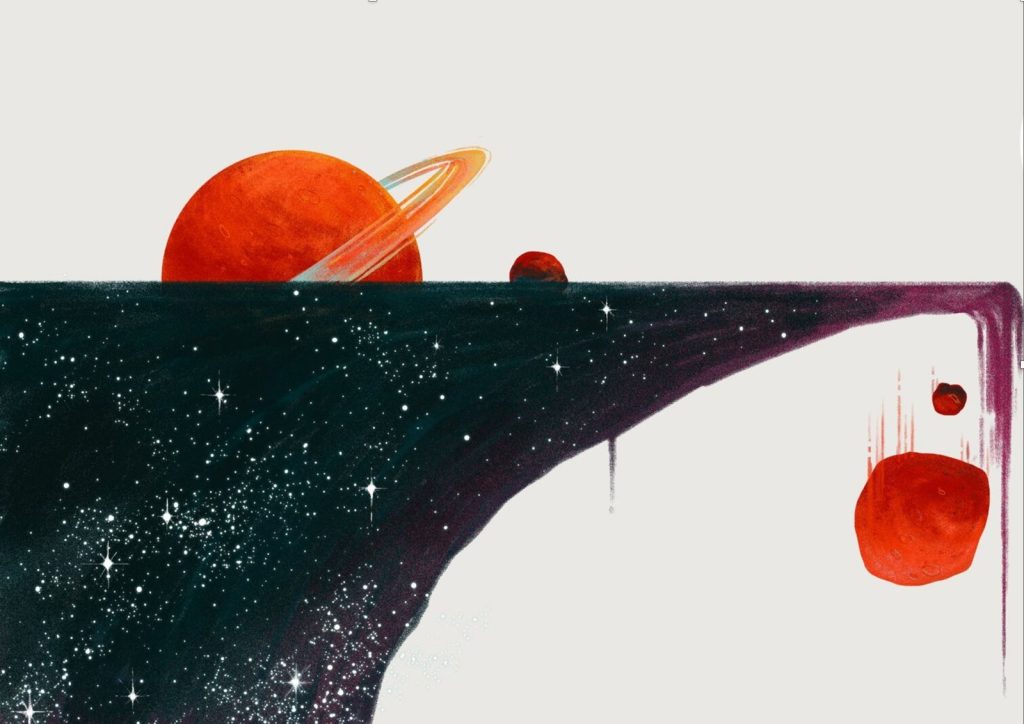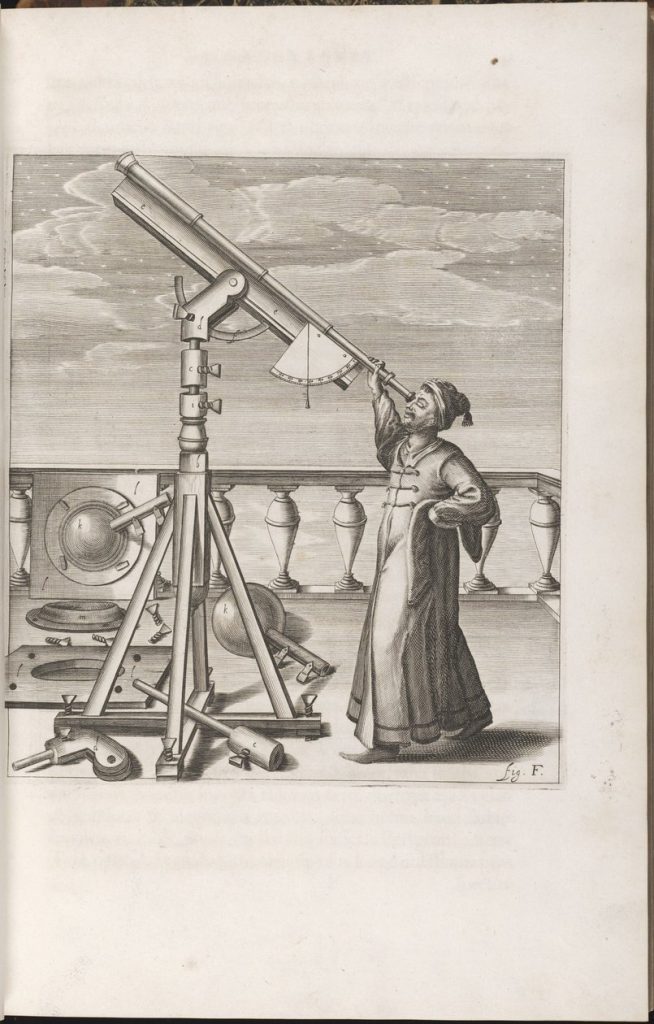2024: Touching the Void: Contemplating the Edges of the Universe

As the JWST takes us on its journey to the boundaries of what we know about our universe, this conference invites us to consider what it means to “touch the void.” What are the limits of our cosmic knowledge and vision? How do we conceptualize the edges and extremes of spacetime, its beginnings and ends? What is at stake – scientifically, philosophically, historically, aesthetically, politically – in thinking about the ends of the universe, or about other boundaries that demarcate zones within it, such as singularities or event horizons? How might cosmic structures like these challenge or shape our knowledge in other areas? How do we represent and grapple with what we can barely know? And how does the very idea of edges and boundaries to all that exists challenge paradigms of knowledge that we consider central?
We look forward very much to welcoming you to Baltimore and the STScI, home of the JWST, for our capstone Cosmic Visions conference on April 18 and 19, 2025!
2023: Exoplanets and Life
In our conference’s second installment, we venture beyond the telescope and into the dark. Under the heading “Exoplanets and Life” we ponder how we can even think, understand, explore, and experience the unknown?
When probing the absolute unknown, our usual categories and disciplines, derived directly from for our own life experience, are not always helpful. We are therefore assembling scholars from STEM and the humanities as well as artists in an effort to explore new research possibilities beyond disciplinary boundaries.
Such a perspective also allows to probe assumptions about the world we (think we) know and re-ask fundamental ontological question, like “What is life?” anew.

In our conference’s second installment, we venture beyond the telescope and into the dark. Under the heading “Exoplanets and Life” we ponder how we can even think, understand, explore, and experience the unknown?
When probing the absolute unknown, our usual categories and disciplines, derived directly from for our own life experience, are not always helpful. We are therefore assembling scholars from STEM and the humanities as well as artists in an effort to explore new research possibilities beyond disciplinary boundaries.
Such a perspective also allows to probe assumptions about the world we (think we) know and re-ask fundamental ontological question, like “What is life?” anew.
Click here for impressions of the conference day.
2022: Teleskopia. The Cosmic View Across Science and Humanities
By offering us new access to remote worlds in our own solar system, the telescope radically shifted our view of our cosmos and ourselves in the 17th century. Now the new James Webb telescope will vastly expand our understanding of our universe’s beginnings – and end. Its launch in December 2021 provides a focal point for critical reflections on the traditions and implications of cosmic viewing.
Taking the long view on the telescopic tradition itself, we wish to probe, from interdisciplinary perspectives, the political and philosophical dimensions of cosmic viewing, and how the act and its instruments have shaped scientific, philosophical and artistic imaginaries across time. We are particularly interested to explore how telescopy – including telescopic desires before the invention of the telescope itself – brings the worlds of Sciences and the Humanities into closer contact, bridging interdisciplinary space as well as cosmic.
This one-day colloquium/sandbox will bring invited scholars together to share short, experimental presentations and to brainstorm ideas for a grant application to fund an ambitious interdisciplinary STEM/Humanities research-project built around the James Webb telescope and traditions of teleskopia.

